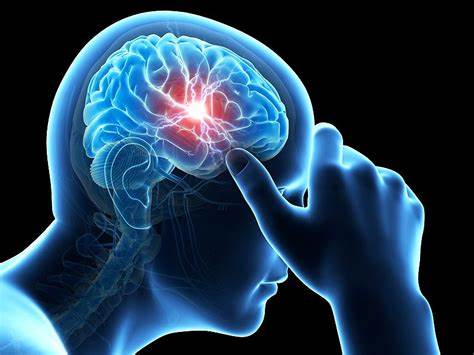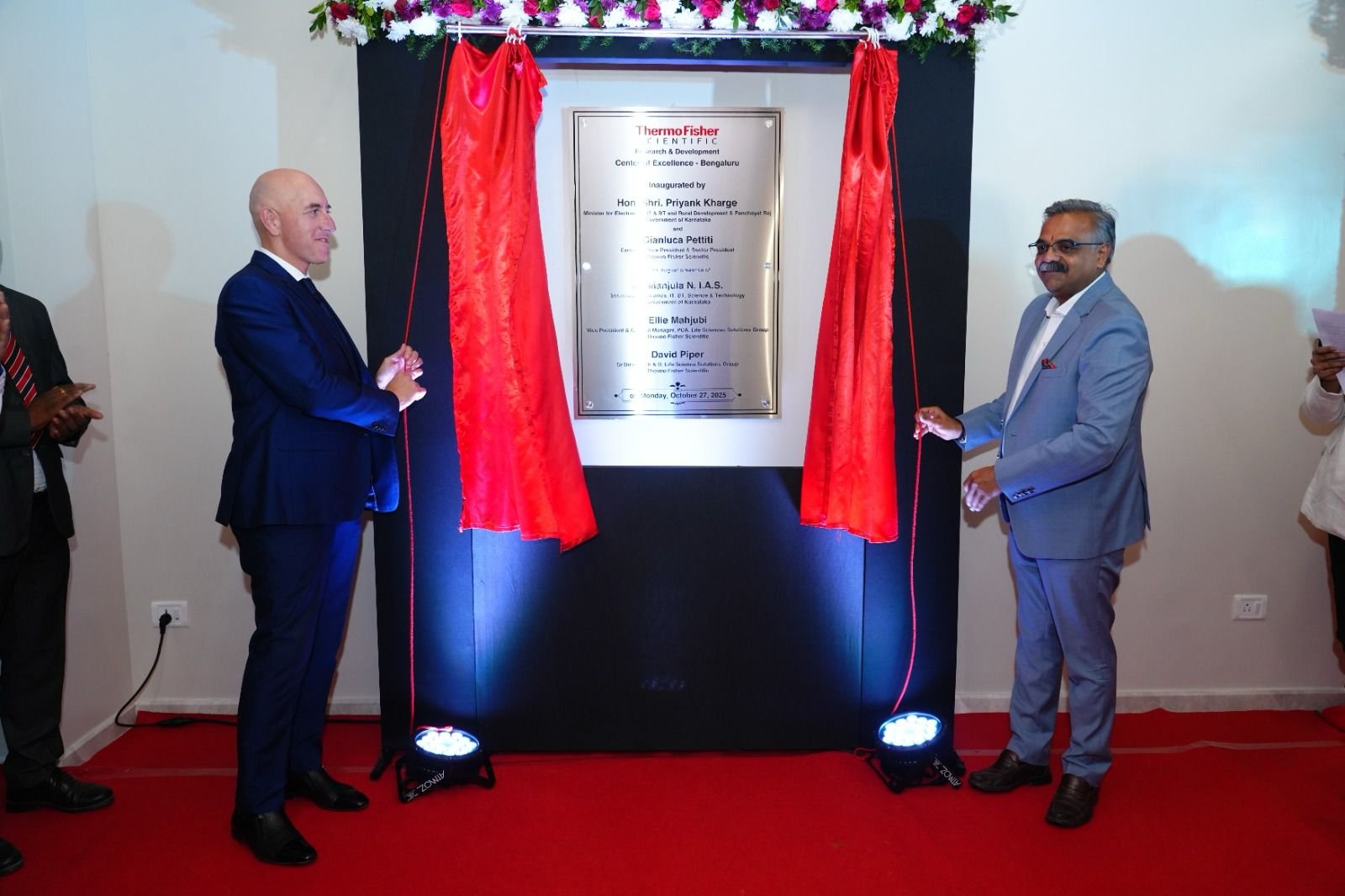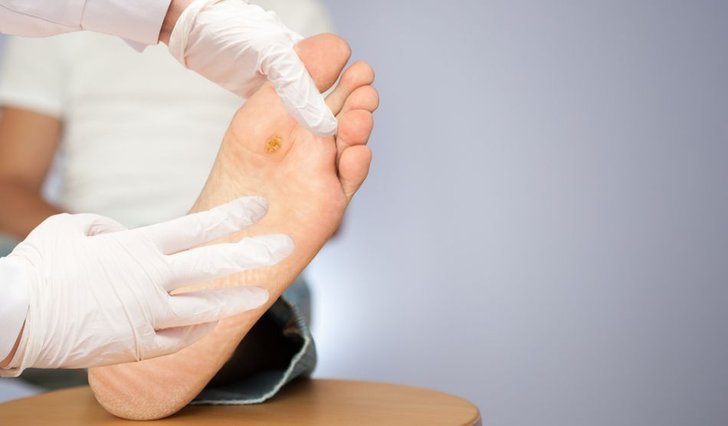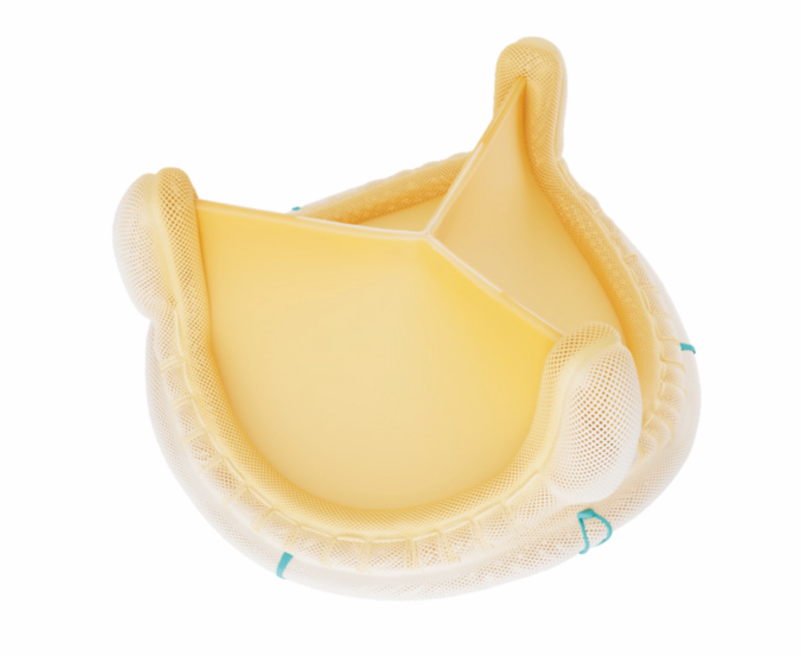Abbott introduces lab-based blood test in India to help evaluate concussion
June 26, 2025 | Thursday | News
Enabling doctors to evaluate patients with mild traumatic brain injury (mTBI)
image credit- shutterstock
Abbott, the global healthcare company, has announced the launch of its laboratory-based blood test to evaluate mild traumatic brain injury (mTBI), commonly known as concussions.
The traumatic brain injury (TBI) test runs on Abbott’s Alinity i and Architect i1000SR laboratory instruments, which are available in major hospitals and laboratories such as Apollo, Hyderabad and Neuberg Supratech Laboratory.
The test offers a reliable result in 18 minutes to help clinicians quickly evaluate brain injury and triage mTBI patients. The diagnostic tool also helps eliminate the need for CT scans by up to 40% with a high degree of certainty eliminating wait time at the hospital and unnecessary exposure to radiation. The test measures two biomarkers in the blood - ubiquitin C-terminal hydrolase L1 (UCH-L1) and glial fibrillary acidic protein (GFAP) - that, in elevated concentrations, are correlated to brain injury.
The test can help streamline care benefiting both patients and the healthcare system. This is particularly important in areas where access to CT systems may be limited.
TBIs can be caused by a bump, blow or jolt to the head and can pose short- and long-term risks. In India, nearly one million people are estimated to experience it every year. People who experience a TBI may have impairment of memory, movement, sensation (e.g., vision and hearing), and emotional functioning (e.g., personality changes, psychological symptoms). People who sustain a TBI are more likely to have another one – similarly to how a sprained ankle or torn ligament is more susceptible to future injury.
TBIs are among the most common neurological disorders worldwide, affecting millions each year.









